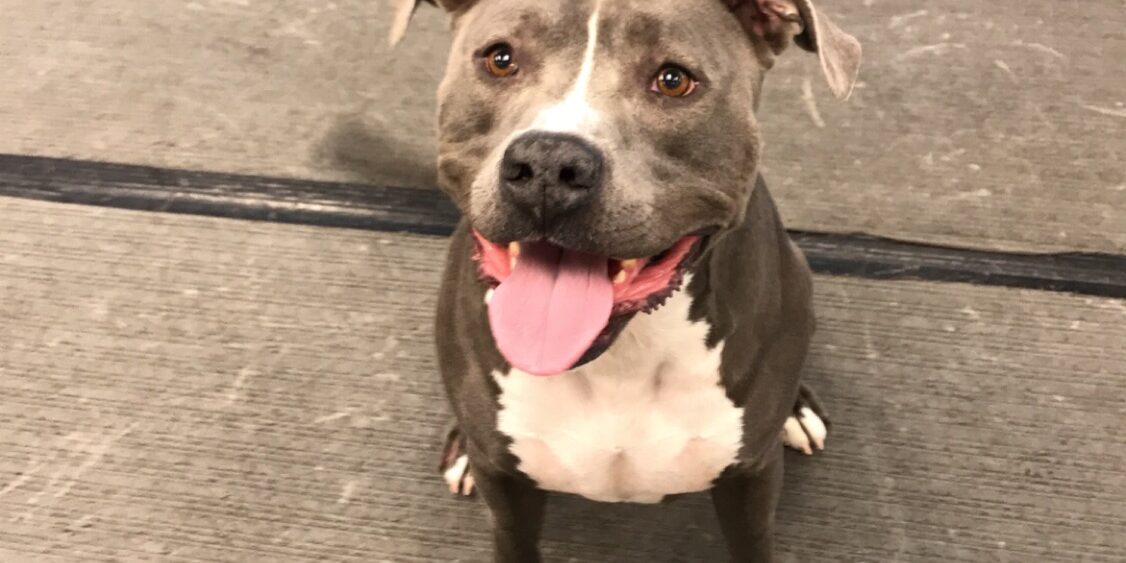It’s possible for your do to feel anxiety. Like their human companions, it’s normal, and even healthy, for a dog to experience anxiety. The symptoms of the behavior are often unpleasant, but with understanding and communication it’s oftentimes something that is easily resolved; every dog will experience anxiety in their life, although not every dog exhibits the symptoms their emotions the same. Some dogs are destructive and loud, while others exhibit behaviors more withdrawn and aloof. The most common causes of doggie anxiety are fear, separation, and aging.
Fear-related anxiety is common throughout a dog’s life; there are always things such as car horns, strange folks and animals outside the windows, fireworks, thunder and lightning, etc. that can cause a dog’s anxiety—it could even be a change to the flooring or a rearranging of the furniture. It’s possible that one cure is to introduce your pet to the disturbance in doses. If it’s a new home or something strange within the home that causes the dog anxiety then consider playing a game or providing treats and much-needed love to communicate to your dog that everything is going to be ok.
Separation anxiety is incredibly common, and for those of us who have been away and then home and then away again the last few months with COVID-related closures, your pet could suddenly, without a history of separation anxiety, begin to do the undesirable-type behaviors such as chewing, urinating, etc. while you are away at work. One possible method to limit the amount of anxiety your pet feels and the amount of damage they do is to give him or her exercise time, and a lot of it, before you leave them home alone—remember the adage that says a tired dog is a happy dog.
If you have any questions about your dog’s anxiety, then it may be best to contact your veterinarian. And if your pet simply needs loving care while you are away, then call Groomingdale’s today.






